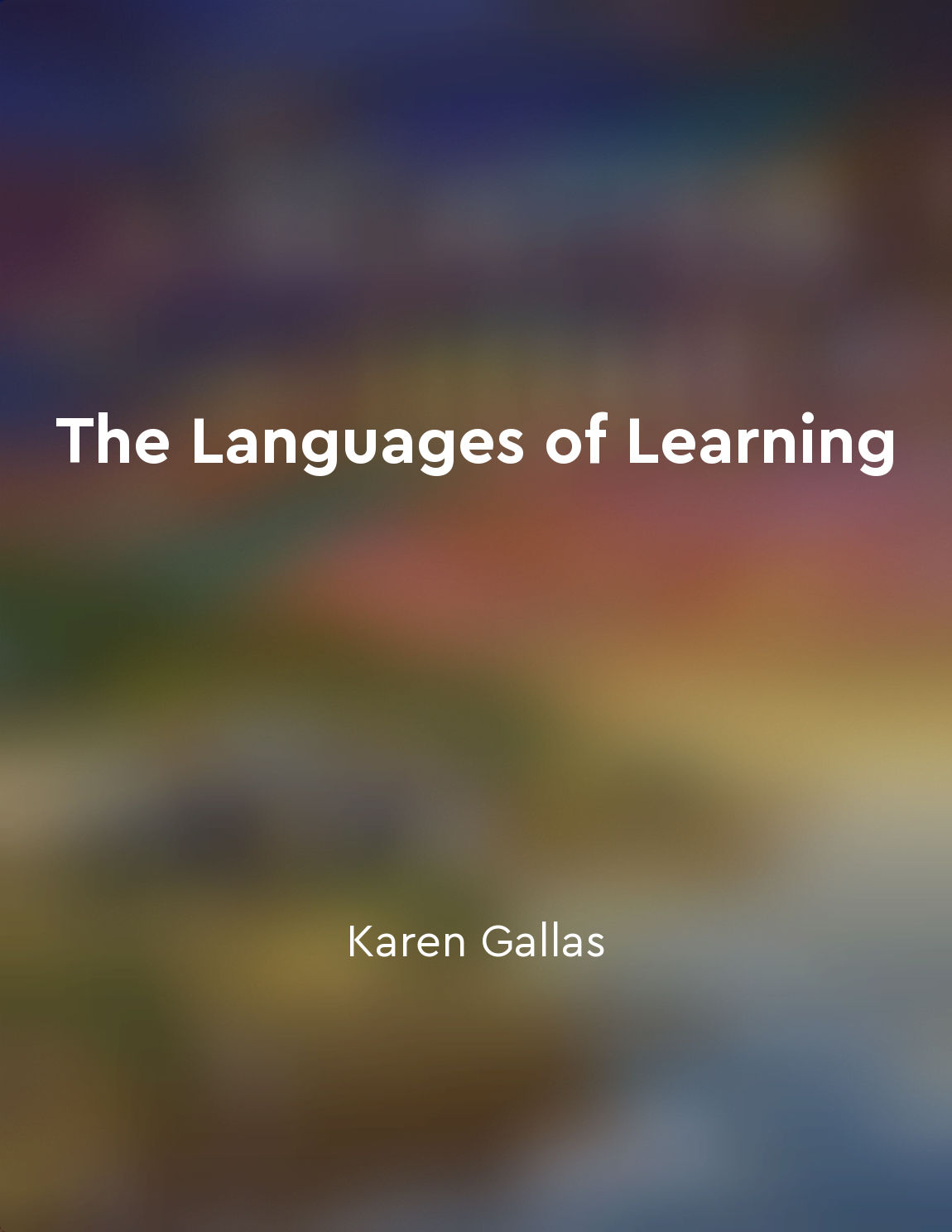Heritage language learners in Japanese classes from "summary" of Japanese Language Teaching by Alessandro G. Benati
Heritage language learners in Japanese classes refer to individuals who have a cultural or ancestral connection to the Japanese language but may not have had extensive formal education in it. These learners often possess some degree of passive language skills, such as understanding spoken Japanese or basic vocabulary, due to exposure to the language in family or community settings. However, they may lack proficiency in reading, writing, and more complex language structures. When heritage language learners participate in Japanese classes, they bring a unique set of strengths and challenges to the learning environment. On one hand, their preexisting knowledge of Japanese can serve as a valuable foundation for language acquisition. They may have an intuitive grasp of certain linguistic concepts or a heightened cultural awareness that enhances their learning experience. Additionally, their motivation to reconnect with their heritage or communicate with family members can be a powerful driving force in their language studies. On the other hand, heritage language learners may encounter difficulties in formal language instruction due to gaps in their knowledge or inconsistent exposure to Japanese. They may struggle with academic aspects of the language, such as grammar rules or writing conventions, that were not emphasized in their informal language acquisition. Additionally, they may face challenges in distinguishing between informal and formal registers of Japanese or navigating the nuances of polite speech. To effectively support heritage language learners in Japanese classes, instructors must be attuned to their unique needs and learning styles. Providing opportunities for these learners to draw on their background knowledge, engage with authentic materials from their cultural context, and receive personalized feedback can help bridge the gap between their existing language skills and academic expectations. By fostering a supportive and inclusive learning environment, educators can empower heritage language learners to develop their proficiency in Japanese while honoring their linguistic heritage.Similar Posts
Ideal for quick revision
Ideal for quick revision, this book is designed to help students review key concepts and information in a concise and efficient...
Education system must prioritize knowledge building
In the current educational landscape, there is a pressing need for a shift in focus towards knowledge building. This emphasis o...

The test is recognized for its high quality and validity
The Duolingo English Test has gained a reputation for its high quality and validity within the realm of English language assess...
Early colonists emphasized religious education
The early colonists who settled in America placed a high value on the importance of religious education. Their beliefs were dee...
Humor can break the ice in language learning
Humor plays a crucial role in language learning, especially for ESL students. By incorporating jokes and funny anecdotes into t...

Childhood memories of struggling to communicate
As a child, I often found myself in situations where I struggled to communicate effectively. Whether it was trying to express m...

Teachers must prioritize children's emotional and psychological needs in relation to their languages of learning
When teachers engage with children's languages of learning, they must also attend to their emotional and psychological needs. T...
Sparks curiosity and curiosity in learners
This collection of short stories aims to ignite a sense of wonder and interest in those who are learning Spanish. By presenting...
Assessment methods should be varied and fair
Assessment plays a crucial role in education, allowing teachers to evaluate students' understanding and progress. It is essenti...
Maintaining a positive attitude towards learning
Having a positive attitude towards learning is crucial for success in any endeavor, including preparing for the Duolingo Englis...
